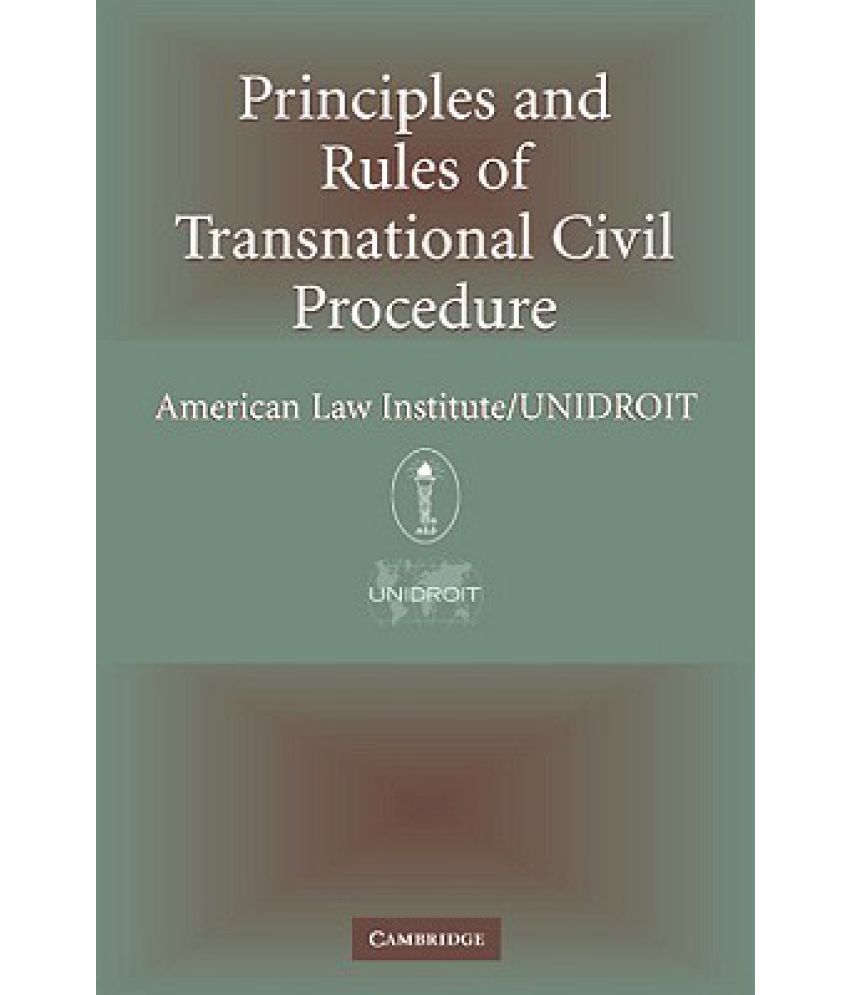Something went wrong. Please refresh the page and try again.
Something went wrong. Please refresh the page and try again.
Notifications can be turned off anytime from settings.
Item(s) Added To cart
Qty.
Something went wrong. Please refresh the page and try again.
Something went wrong. Please refresh the page and try again.
Exchange offer not applicable. New product price is lower than exchange product price
Please check the updated No Cost EMI details on the payment page
Exchange offer is not applicable with this product
Exchange Offer cannot be clubbed with Bajaj Finserv for this product
Product price & seller has been updated as per Bajaj Finserv EMI option
Please apply exchange offer again
Your item has been added to Shortlist.
View AllYour Item has been added to Shopping List
View AllSorry! Principles of Transnational Civil Procedure is sold out.


You will be notified when this product will be in stock
Brief Description
This is a work that promotes a universal rule of law norm.
Learn More about the Book
The ALI (American Law Institute) and UNIDROIT (the International Institute for the Unification of Private Law) are preeminent organizations working together toward the clarification and advancement of the procedural rules of law. Recognizing the need for a universal set of procedures that would transcend national jurisdictional rules and facilitate the resolution of disputes arising from transnational commercial transactions, Principles of Transnational Civil Procedure was launched to create a set of procedural rules and principles that would be adopted globally. This work strives to reduce uncertainty for parties that must litigate in unfamiliar surroundings and to promote fairness in judicial proceedings. As recognized standards of civil justice, Principles of Transnational Civil Procedure can be used in judicial proceedings as well as in arbitration. The result is a work that significantly contributes to the promotion of a universal rule of procedural law.
The American Law Institute was organized in 1923 following a study conducted by a group of prominent American judges, lawyers, and law professors. Their recommendation that a lawyers' organization be formed to improve the law and its administration led to the creation of The American Law Institute.
UNIDROIT was founded in 1926 as a specialized agency of the League of Nations. It exists as an independent intergovernmental organization on the basis of a multilateral agreement, the UNIDROIT Statute. Its purpose is to study needs and methods for modernizing, harmonizing, and coordinating private laws between states and groups of states and to prepare legislative texts for consideration by governments."
The images represent actual product though color of the image and product may slightly differ.
Register now to get updates on promotions and
coupons. Or Download App